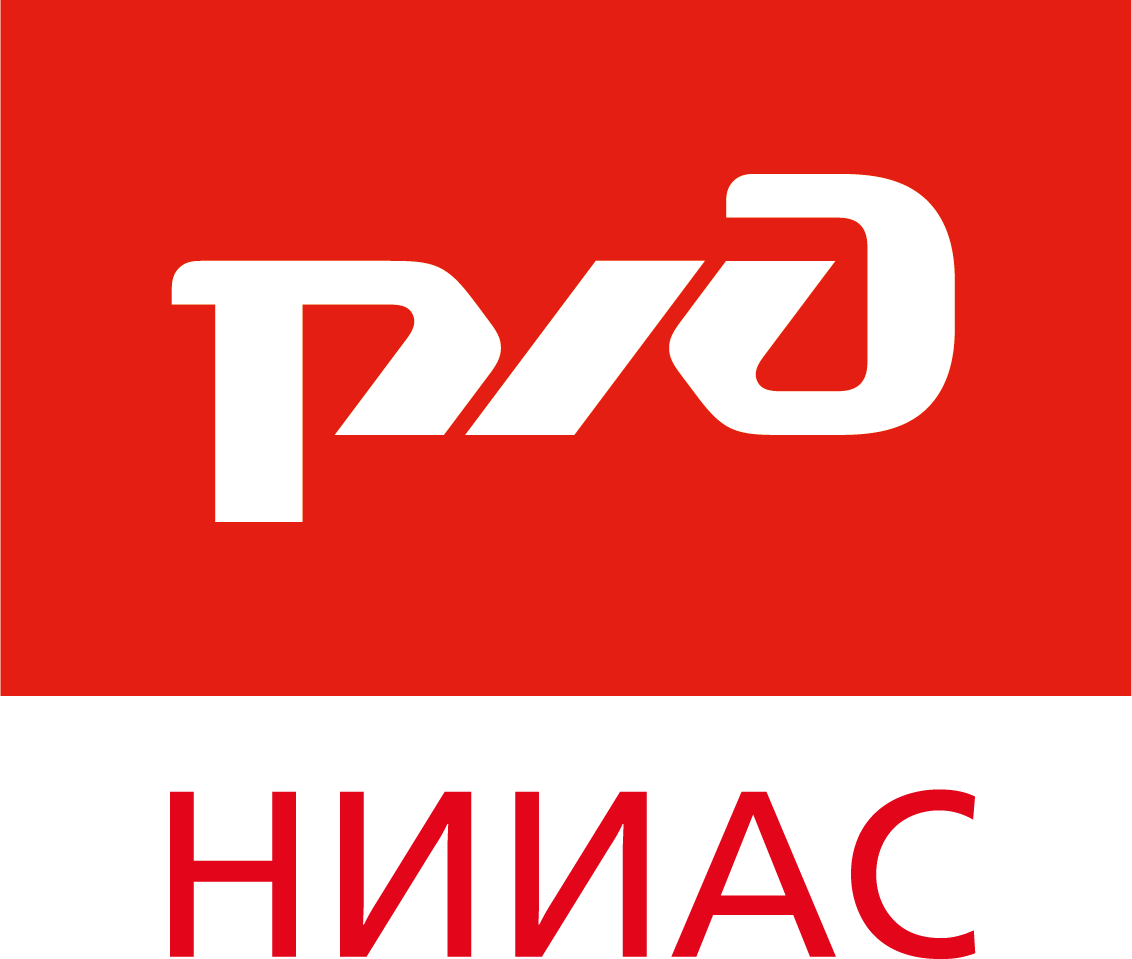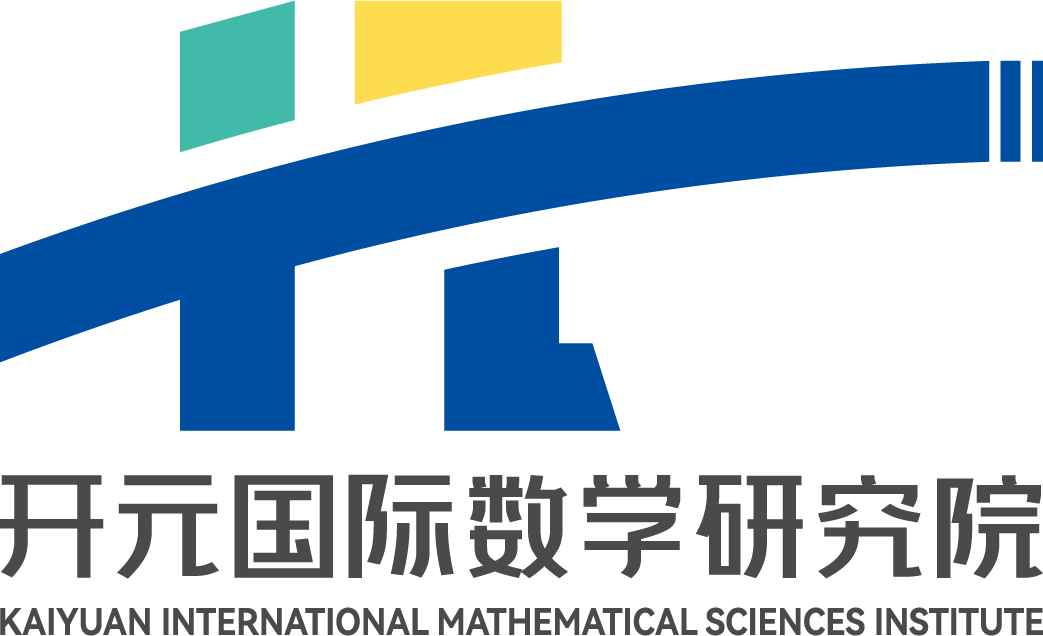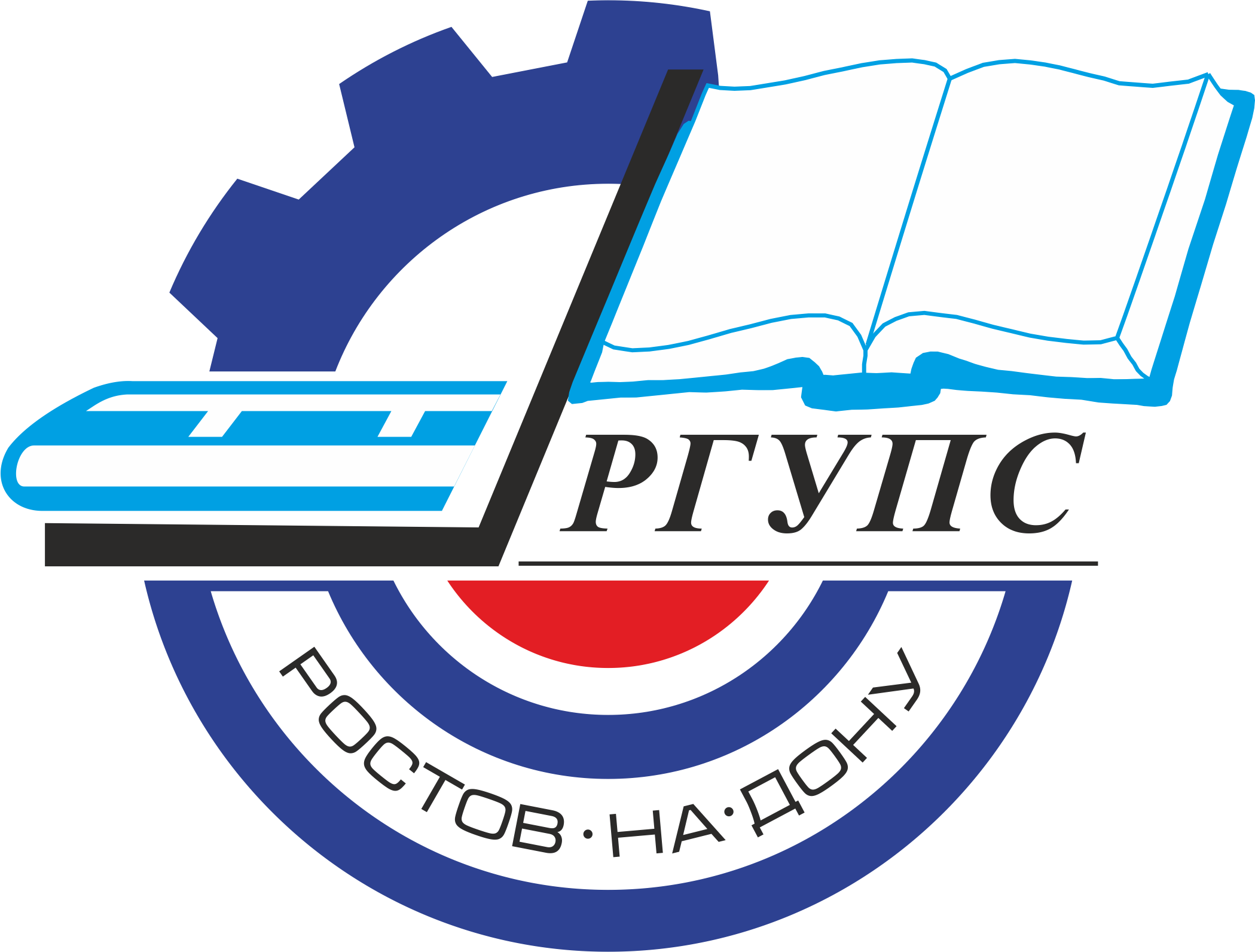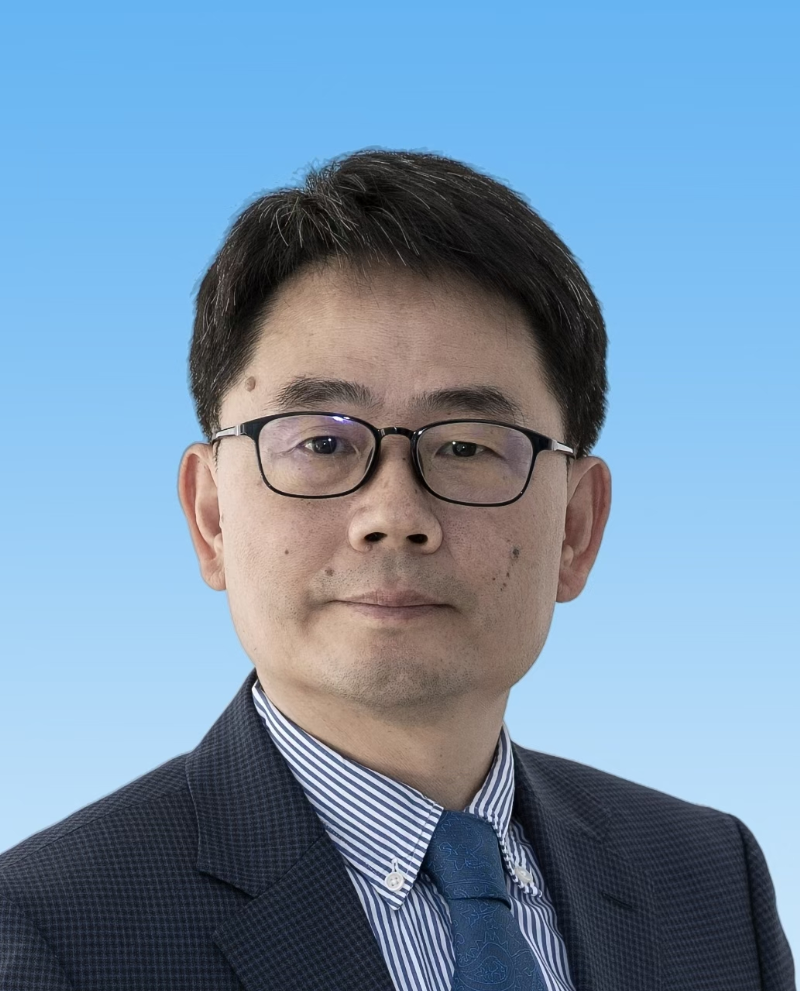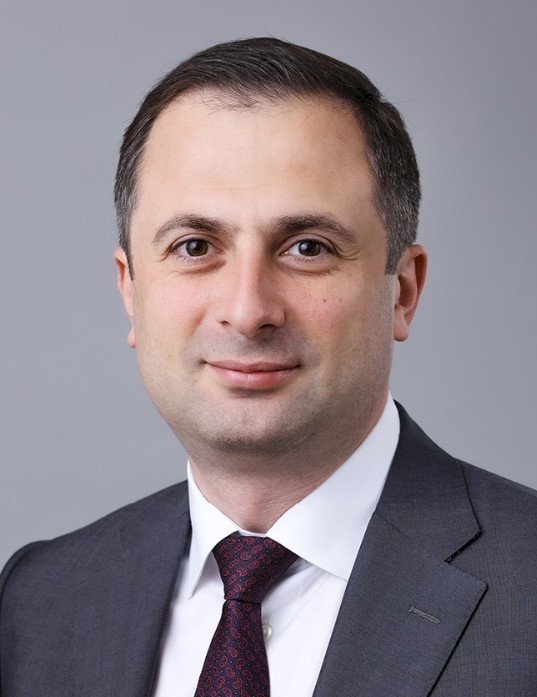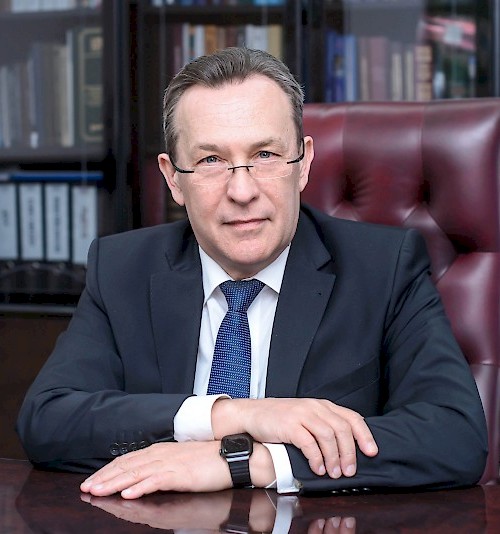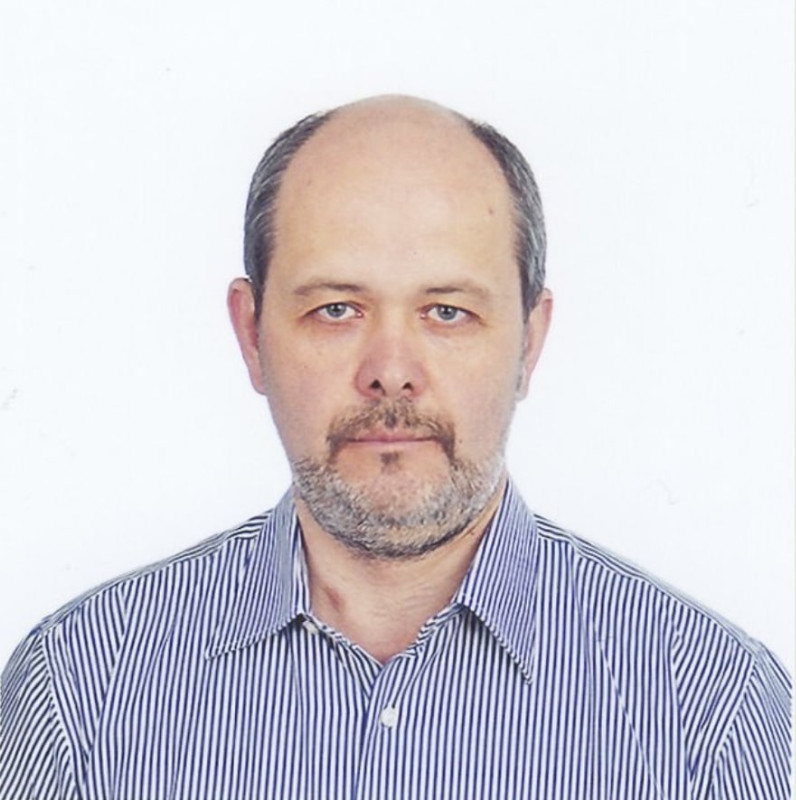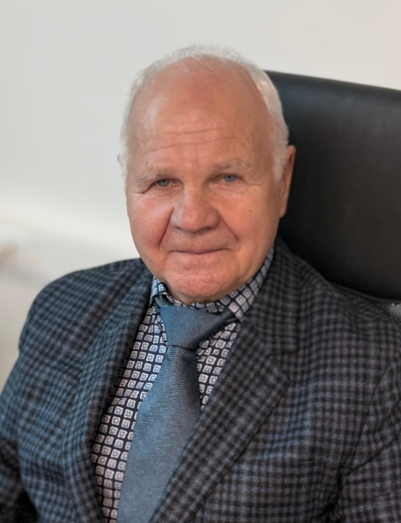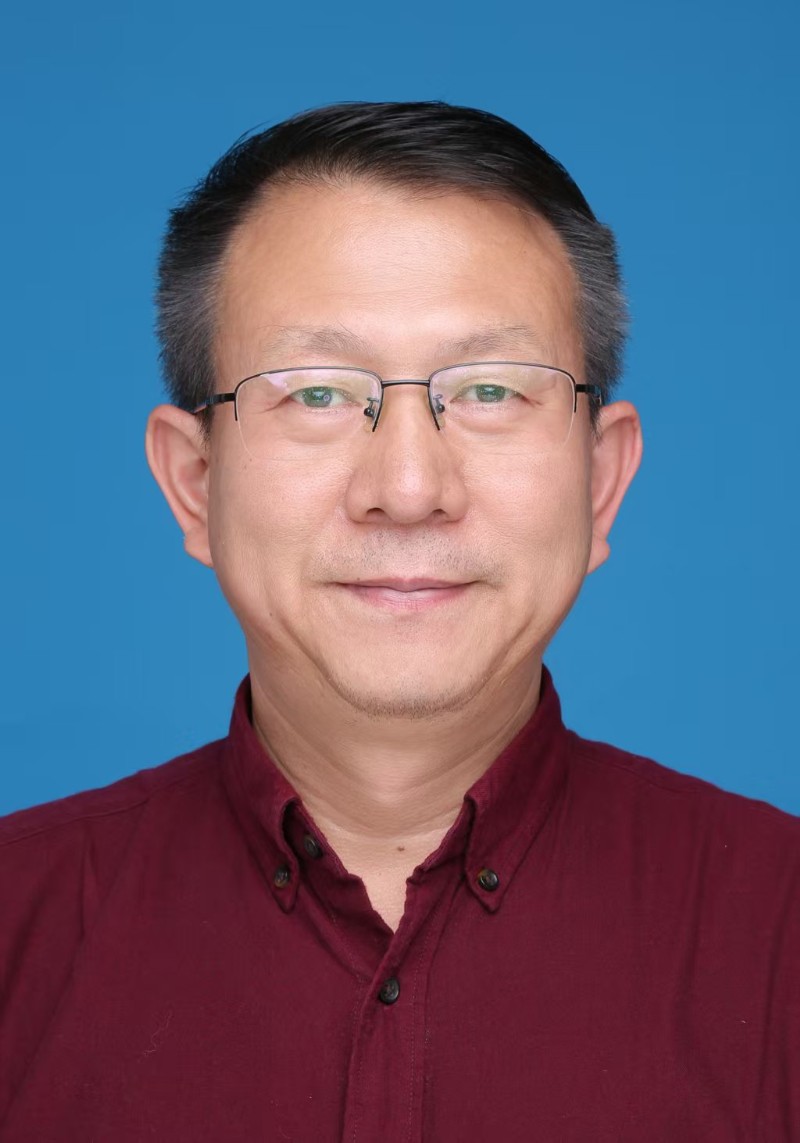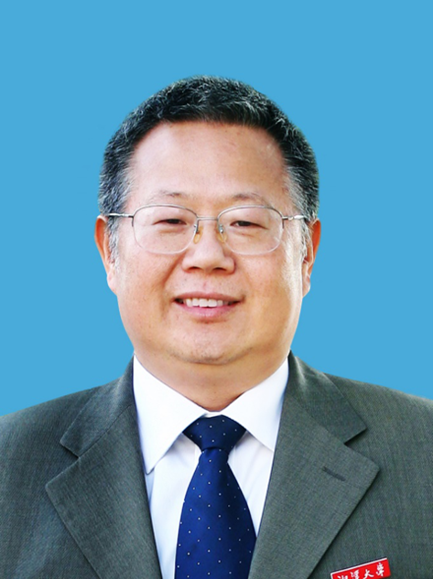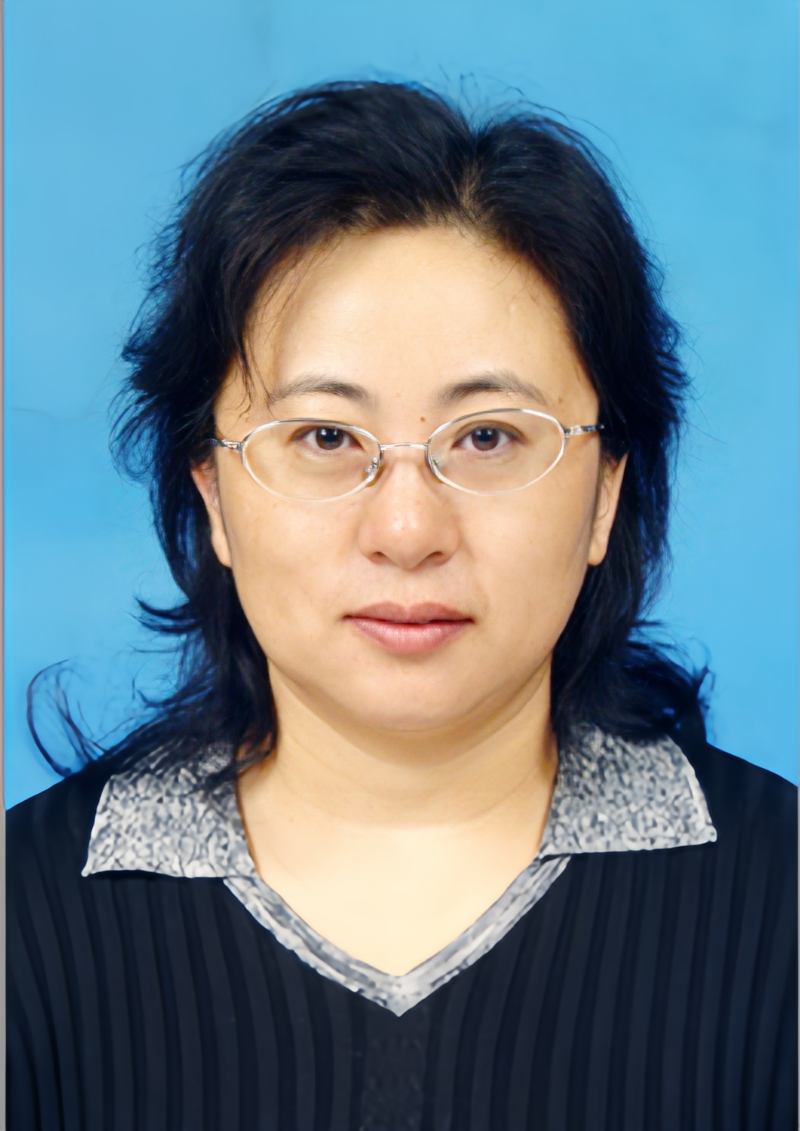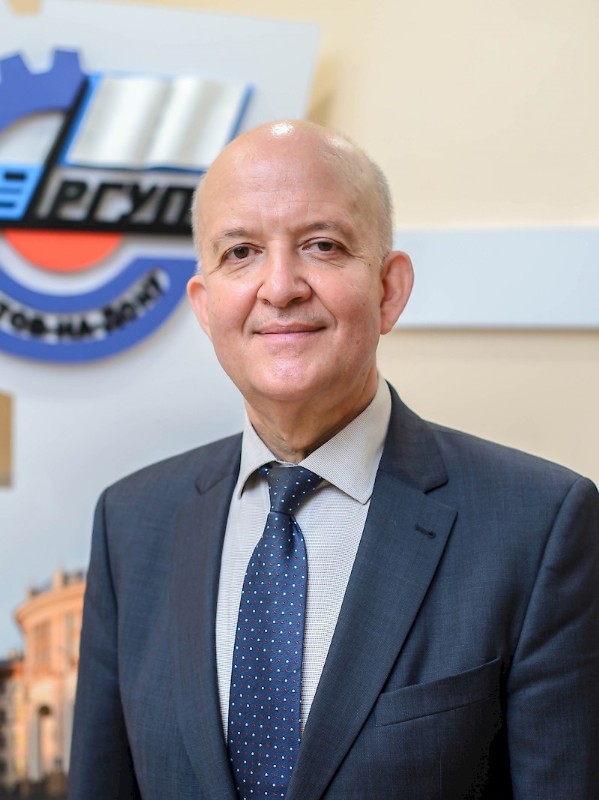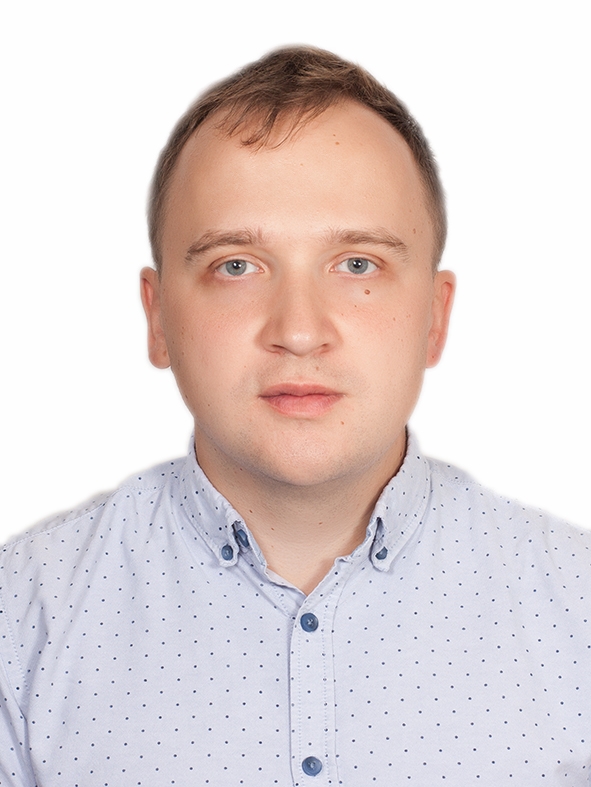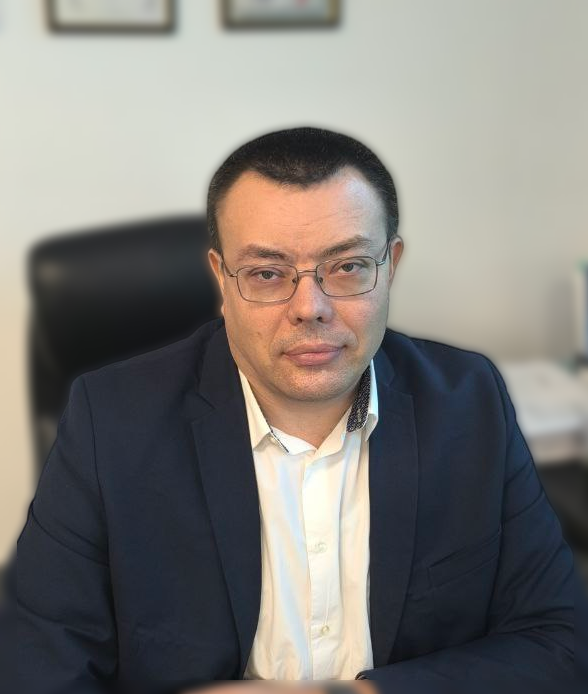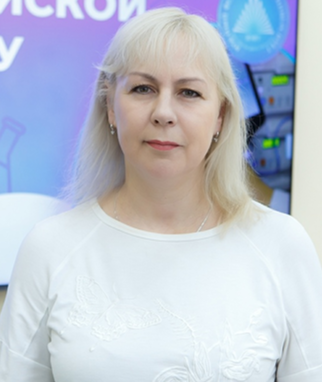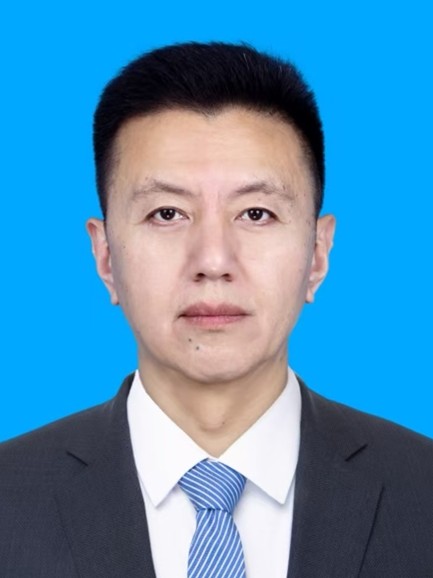Dear colleagues!
On behalf of the IITI organizers, we are pleased to invite you to participate in the IITI'26 Conference, which will take place on October 14-18, 2026 at Changsha in China. This is the Tenth conference of the series "Intelligent Information Technologies for Industry". This year IITI is organized by Kaiyuan International Mathematical Sciences Institute (China), Rostov State Transport University (Russia), JSC "NIIAS" with the support of the Russian Association for Artificial Intelligence.
The purpose of IITI is to bring together the advanced international experience in the fields of development and implementation of the modern techniques in automation, digitalization, and artificial intelligence in fundamental and applied sciences as well as to develop of contacts in this area. Innovative intelligent information technologies are particularly interesting at the conference.
Annually, IITI is held with the participation of leading international scientists. The history of the conference includes multiple international locations, such as ITMO (Russia), Sirius (Russia), VSB-Technical University of Ostrava (Czech Republic), Technical University of Varna (Bulgaria), Istanbul Aydin University (Turkey), Shanghai University (China) and Harbin Institute of Technology (China). Due to IITI, scientists from all over the world have published more than 670 scientific papers on the topic of the conference, which have been indexed by Scopus and Web of Science.
The organizing committee of the conference invites interested researchers and professionals to submit papers describing significant scientific achievements and innovations in all areas of automation, digitalization, and artificial intelligence. All submissions will be thoroughly peer-reviewed by multiple reviewers. The proceedings of the IITI’25 conference will be published in the Springer series Lecture Notes in Networks and Systems. The publications will be indexed in SCOPUS, INSPEC, WTI Frankfurt eG, zbMATH, SCImago. The proceedings will also be submitted for consideration for inclusion in Web of Science database.
The conference will be held in a hybrid format, with both in-person and remote (online) participation. Speaking at the conference is a requirement for your work to be indexed in scientific databases.





